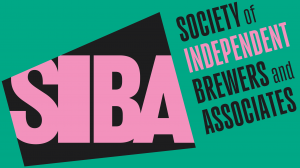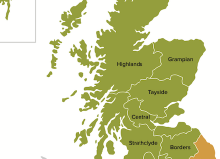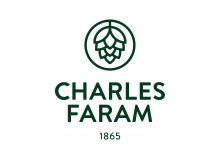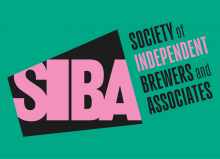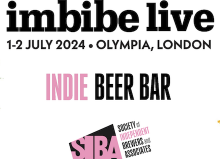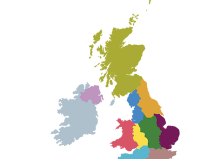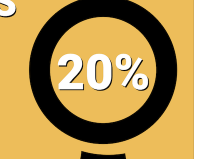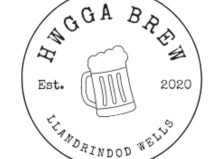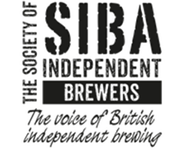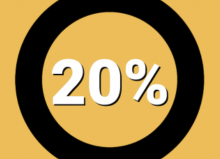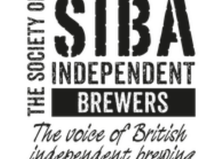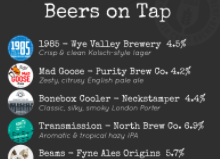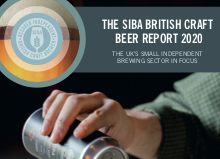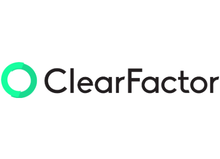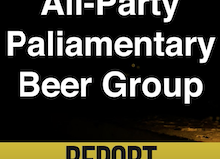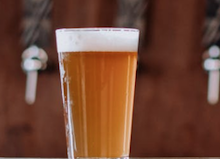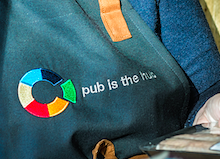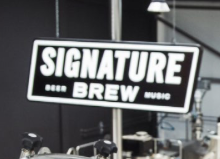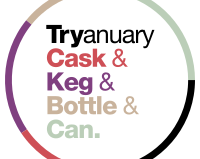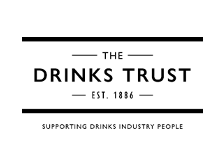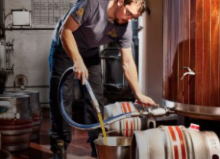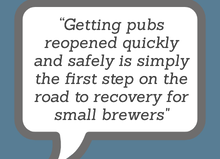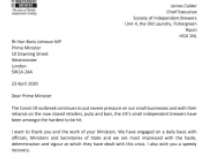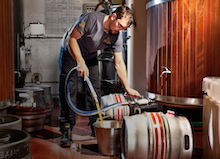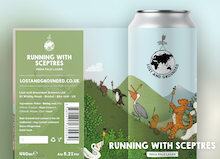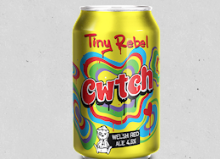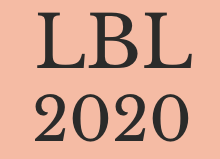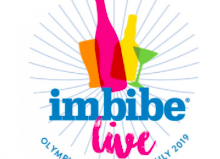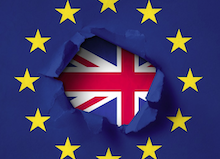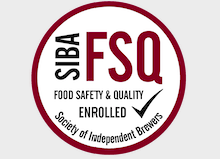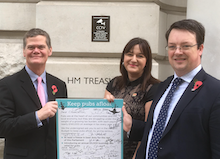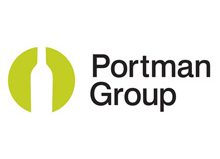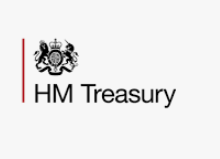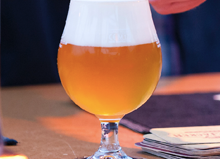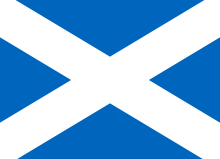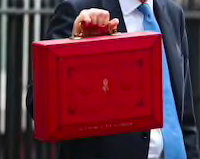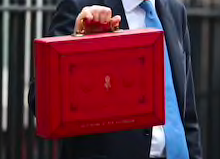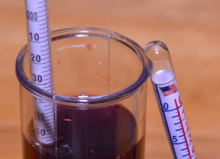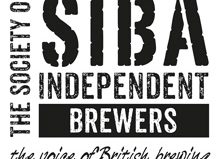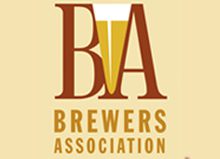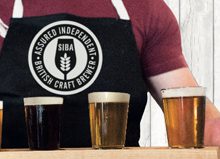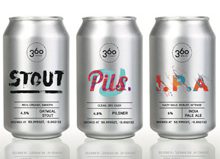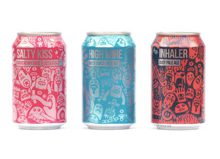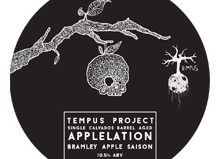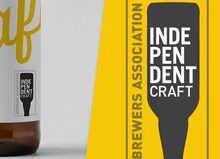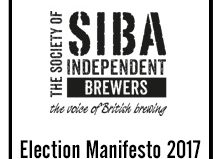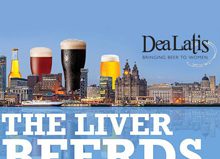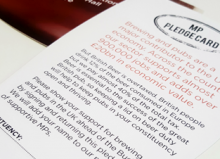Why it might be time for the Government to introduce a lower duty rate for draught beer

In recent months there has been growing speculation that the Government is considering a lower duty rate for draught beer. In this article SIBA Head of Policy and Public Affairs, Barry Watts, looks at its implications for small brewers.
As brewers, we all know that currently beer is taxed (far too highly) according to its alcoholic strength. But what about taxing it on the basis of where its sold?
As part of the Alcohol Duty Review, the Government has been giving this some serious thought, raising the possibility that drinks sold in pubs or at the brewery could attract less tax than those sold in supermarkets or off-licences.
This could, on the face of it, be a win-win for pubs and for small brewers. Lower taxation could support community pubs and taprooms; encouraging more people to visit and enjoy fresh beer made by small and independent brewers.
Different models
And there are broadly four ways this could be achieved. One way is via lower VAT on drinks sold in specific locations – such as beer sold in pubs or restaurants. Although this can, as the Czechs recently discovered, become rather confusing for businesses and consumers. Some of our smallest breweries also don’t pay VAT at all (with around 20% of SIBA members below the £85,000 turnover threshold).
A second option is through licences. In the past excise duty has been levied on licences to sell or produce alcohol on top of the fee for the licence. This could be reimposed and set at different levels for pubs and supermarkets. However such a move would change the way excise duty is currently charged (it’s usually on goods rather than licences) and additional taxes would do little to boost the sector overall.
Instead the Government could introduce a rebate scheme for certain venues, similar to the existing Alcohol Ingredients Relief for businesses using alcohol as a food ingredient. Under this pub landlords could claim duty relief from HMRC for every pint they sell. But with 50,000 or so pubs becoming part of a scheme, it would certainty increase costs and time pressures for each pub and for the Government. There’s also a concern that any (almost inevitable) delay in payments could impact pubs’ revenues and margins.
Alternatively there could be a different rate of duty for alcohol placed in particular types of containers. In Australia they introduced a lower rate of duty for draught beer in 2001 at 70% of that for packaged beer. Since 2019, this preferential rate has applied to containers of between 8-48 litres which are designed to connect to a pressurised system.
Could such a similar scheme be considered in the UK?
Until recently this wasn’t even an option. But now we’ve left the EU, and the stranglehold of the Structures Directive, it’s now at least a possibility. Although sadly brewers in Northern Ireland still have to conform to EU rules and we’d want to see them included in any scheme.
This scheme could result in brewers paying a lower rate of beer duty to HMRC for what they place in cask and kegs of a certain size (perhaps above 20 litres) compared to what is placed in small pack cans and bottles. Over time this difference would filter through to pubs and (hopefully) to consumers encouraging more people to support their local pub and taproom. A recent report by Europe Economics (commissioned by CAMRA) has shown that just a 5% reduction on draught products could see a net increase of nearly a thousand jobs and an extra 4.5m litres of beer being sold.
But to have a real impact the lower rate needs to be large and that’s why, in partnership with others, SIBA has been pushing for an ambitious 50% reduction rate for draught beer. This would be a way for the Government to support the industry as it recovers from the Covid-19 pandemic and help to protect our small breweries and community pubs.
However there are some inevitable details that need to be ironed out to make the scheme work for small brewers. First of all, it is imperative that any new scheme retains the existing Small Breweries’ Relief (SBR) differential at every level. SBR allows brewers to remain competitive against the larger brewers and must be preserved.
Secondly, it should not lead to an increase in small pack duty to make up the difference to Treasury coffers. Cans and bottles have become an increasingly important part of small brewers’ sales during the Covid-19 pandemic as the only route to market and will also face significant challenges under the proposed DRS. Thirdly it should apply to every part and every small brewer in the UK, including in Northern Ireland and any duty savings should be retained and shared by those that need them most that is – brewers, landlords and consumers.
And finally it should not result in any additional costs or bureaucracy for small brewers. It should not require any track-and-trace or tax-stamp scheme, which could be so costly that it outweighs any of the benefits.
A lower rate of duty for draught is actively being considered by the Chancellor and has attracted MP support. We’ll see in the next few months or so when we get more details from the Alcohol Review whether Rishi is bold enough to introduce this proposal.
